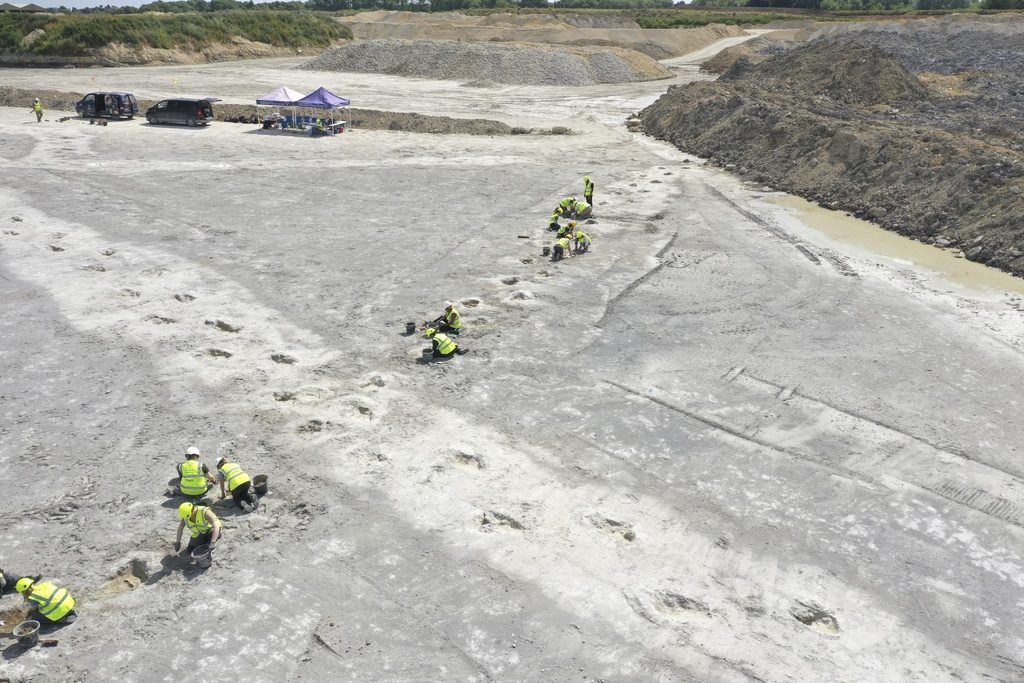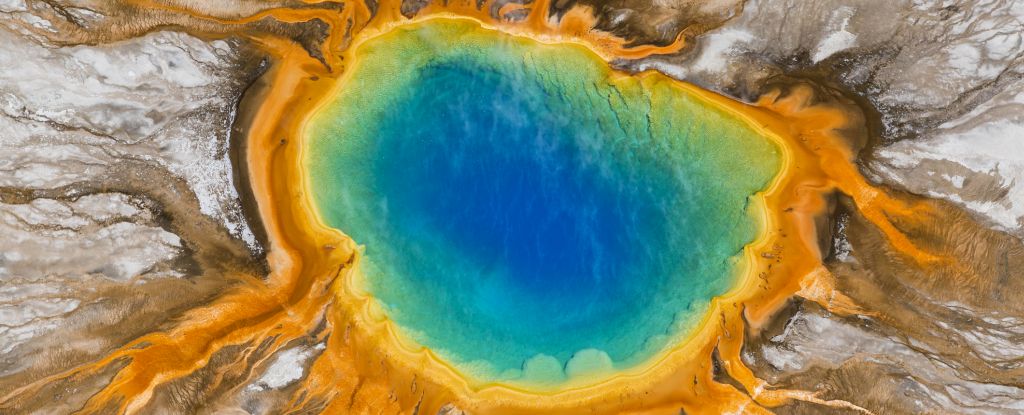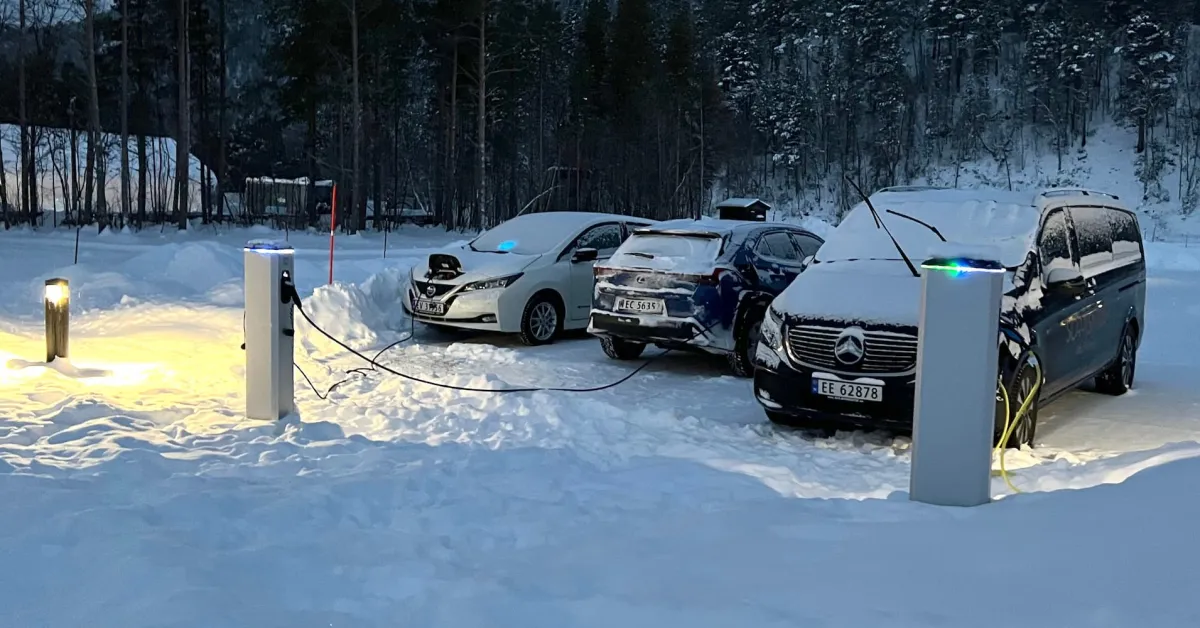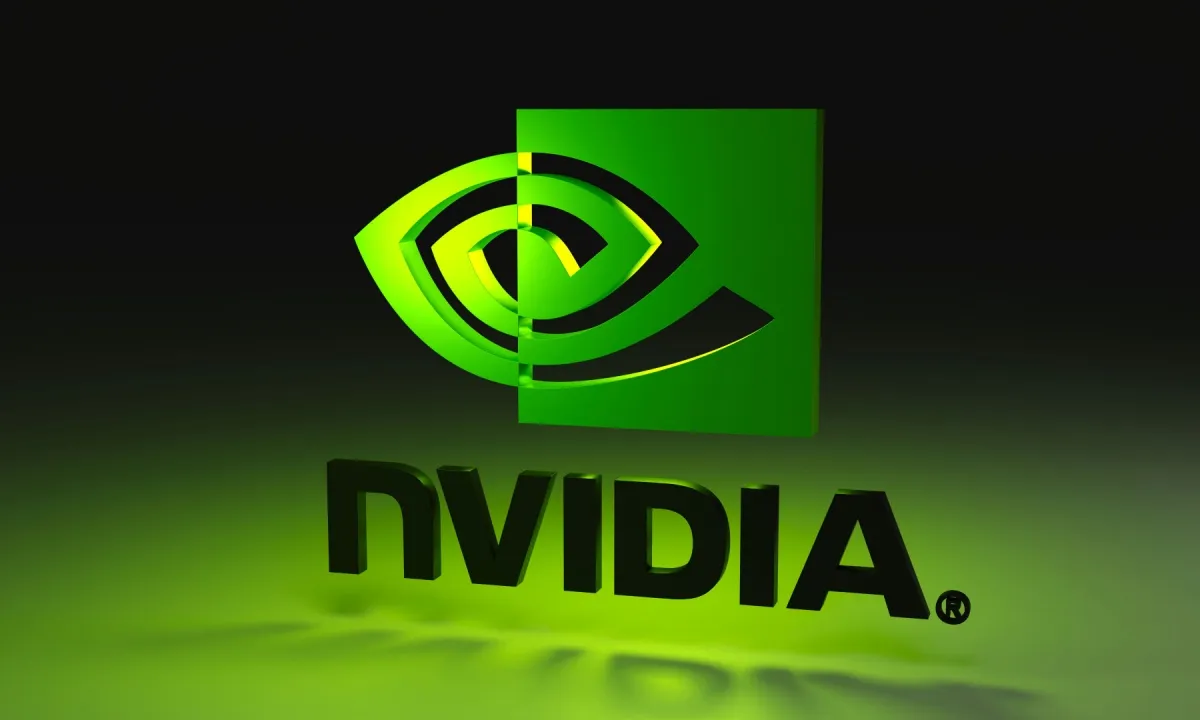Aida Daily: Net Neutrality Court Ruling / Oxfordshire Dinosaur Find / MIT Traces FRB Source
Aida Daily
Hello there! Ready for a whirlwind tour through cosmic mysteries, prehistoric surprises, and tech drama? We've got dinosaurs in Oxfordshire, AI controversies, and net neutrality in a legal labyrinth. Buckle up!
Net Neutrality Takes a Court Detour

In a 2025 legal plot twist, the 6th Circuit Court ruled the FCC can't reinstate 2015’s net neutrality, leaving Biden's open internet dreams stalled. Citing the *Loper Bright* decision, broadband is now deemed an 'information service,' ditching Title II obligations. While states like California hold onto their own neutrality rules, FCC Chair Jessica Rosenworcel is calling on Congress to save the day. Looks like regulating the web might need a legislative superhero!
Jurassic Jackpot: Oxfordshire's 'Dinosaur Highway' Unearthed

A limestone quarry worker in Oxfordshire stumbled upon a "dinosaur highway" featuring nearly 200 tracks from 166 million years ago. Over 100 researchers documented the site with 20,000+ digital images and 3-D models, unveiling insights into sauropods like Cetiosaurus and predators like Megalosaurus. Set to dazzle museum visitors and the BBC's "Digging for Britain," this find, the UK’s largest trackway, bridges Middle Jurassic mysteries with modern science—proving even rocks have stories to tell.
MIT Cracks Cosmic Code: FRB Source Finally Traced

In a stellar breakthrough, MIT scientists have pinpointed the origin of FRB 20221022A to within a mere 10,000 kilometers of a neutron star in a galaxy 200 million light-years away. Published in Nature, this marks the first concrete evidence linking fast radio bursts to the chaotic magnetospheres of magnetars. Using ingenious signal scintillation analysis, the team debunked distant shockwave theories, sparking excitement (and a few cosmic chuckles) in the astrophysics community as we edge closer to unraveling these enigmatic cosmic signals.
Is Dark Energy Just a Cosmic Time Warp?

In a universe-shaking twist, recent studies of over 1,500 supernovae challenge dark energy's existence. Timescape cosmology steps into the spotlight, suggesting uneven time flow across cosmic regions mimics accelerating expansion. This nifty theory throws a wrench into the standard ΛCDM model and its 13.8-billion-year timeline. With the Euclid mission and Nancy Grace Roman Telescope gearing up, 2025 could unveil whether our cosmos is just a tad more 'lumpy' than we thought.
Yellowstone's Magma on the Move

Yellowstone's magma reservoirs are shifting northeast, warns a 2024 USGS study, suggesting a new hotspot for future eruptions. This area houses around 440 cubic kilometers of rhyolitic magma, rejuvenated by ascending basaltic flows. Despite 82 small earthquakes last December and minor subsidence, current activity remains low. Researchers using magnetotellurics emphasize vigilance, recalling Yellowstone’s two supereruptions 2.1M and 640k years ago. No imminent threats, but Mother Nature likes to keep us on our toes.
Crypto King Do Kwon Extradited Amid $40B Luna Crash

After 18 months on the lam, Do Kwon, dubbed the 'cryptocurrency king,' was extradited from Montenegro to the US in December 2024 to face fraud charges tied to the $40 billion TerraUSD and Luna collapse. Arrested in March 2023 for fake passports, Kwon’s actions sent shockwaves through the crypto market, plummeting Luna from $22B to $200M. His $80M SEC fine and crypto ban signal a pivotal crackdown in digital finance.
Norway's EV Triumph: Nearly Gas-Free Roads by 2025

In a stunning electric surge, Norway sold 88.9% all-electric cars in 2024, edging closer to its 2025 gas-car ban. Thanks to savvy government incentives and a robust charging network, EVs now dominate Norwegian roads. Tesla leads with a 20% market share, while VW ID.4 and Skoda Enyaq follow suit. Home charging reigns supreme, accounting for 80% of usage. Meanwhile, tourist rentals still guzzle gas, proving even the greenest nations have a road to go.
Nvidia's AI Ascension: From $1.2T to $3.28T in a Year

In 2024, Nvidia became the top market cap gainer, skyrocketing from $1.2 trillion to $3.28 trillion thanks to soaring AI chip demand and a $7 billion ByteDance deal. Apple held its crown near $4 trillion, with Microsoft at $3.1 trillion. Retail poured $30 billion into Nvidia, and the new Blackwell processors are set to boost 2025 revenues by $65 billion. Analysts predict a 25% tech rally in 2025, viewing Nvidia as the 'Apple of the AI era' despite some stock jitters.
AI's Holy Wars: Hinton Joins Musk Against OpenAI's For-Profit Shift

Geoffrey Hinton, the AI 'Godfather' and 2024 Nobel laureate, backs Elon Musk's lawsuit on Jan 3, 2025, aiming to halt OpenAI's transition to a for-profit Delaware Public Benefit Corporation. OpenAI, valued at $157B after raising $6.6B, faces a $5B loss this year and must complete its shift within two years to avoid debt conversion. Youth group Encode joins the fray, stressing that profit shouldn't outpace AI safety and public interest.
NDAA 2025 Supercharges Defense with AI Investments

On December 7, 2024, the Fiscal Year 2025 NDAA was signed into law, unveiling a robust $895 billion defense budget—a 21% surge from previous years. Spotlighting artificial intelligence, the act earmarks $100 million for DoD AI initiatives, launches pilot programs in biotech security and workflow optimization, and establishes the Chief Digital and AI Officer Governing Council. With international alliances like AUKUS bolstering efforts, the NDAA signals a strategic embrace of AI in defense, setting the stage for even bolder advancements in 2025.
Naujienlaiškis „Aida Daily“
Your AI-curated daily news briefing, spotlighting the latest in technology and global development. Stay informed with insights that matter.